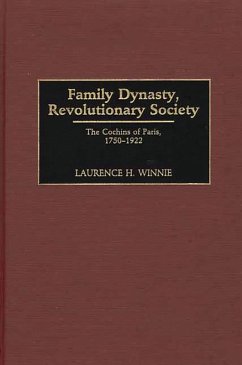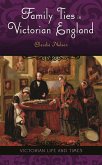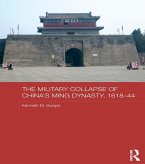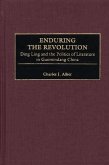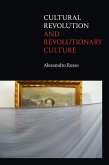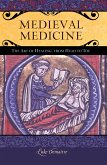This study analyzes the family life and public careers of six generations of a notable Parisian family, the Cochins. Bourgeois merchants in the 17th and 18th centuries, the Cochins earned nobility through the office of alderman (^D'echevin) of Paris. Their family ethos fostered a much-needed element in French public life: a cautious, critical, liberal reform that reflected an independence from the Left, the Legitimist--and later nationalist--Right, as well as the Catholic Church. Still, even these reforming conservatives, however liberal, ultimately found themselves opposing the Third Republic. Winnie highlights the contributions made by the Cochins and the opposition of the Third Republic. He approaches this task not by looking at a mere series of political crises, but rather by examining the cultural background and the family ethos that sustained them from the Old Regime to World War I. Like much of the latest work in modern French social history, this book finds a significant cultural divide between revolutionary republicanism and even liberal notables from the Old Regime. It demonstrates how these tensions continued through the 19th and into the 20th century. This reflects the fundamental incompatibility between France's political legacies--sustained by powerful and abiding social and cultural factors--that has shaped French life to this day.
Bitte wählen Sie Ihr Anliegen aus.
Rechnungen
Retourenschein anfordern
Bestellstatus
Storno

